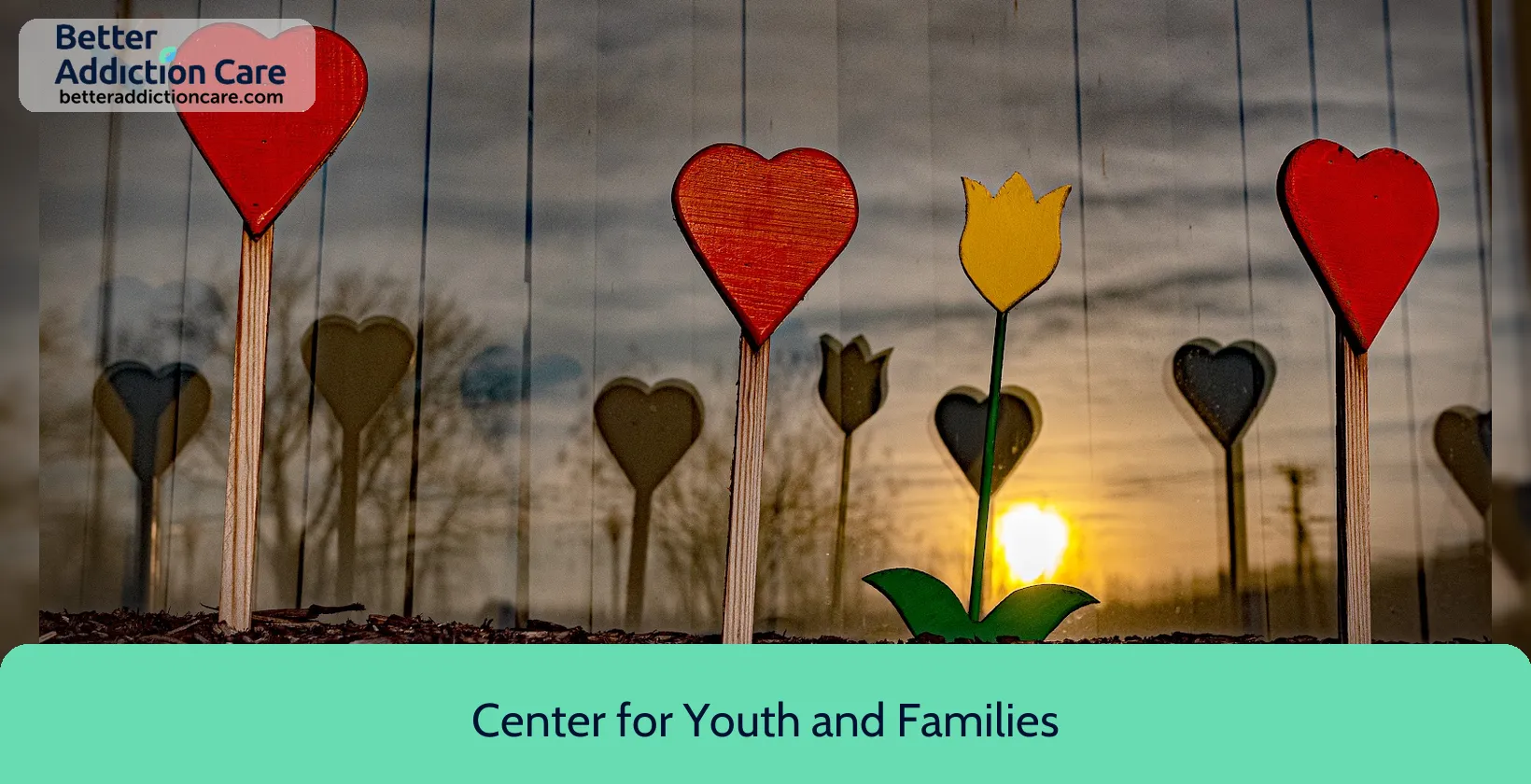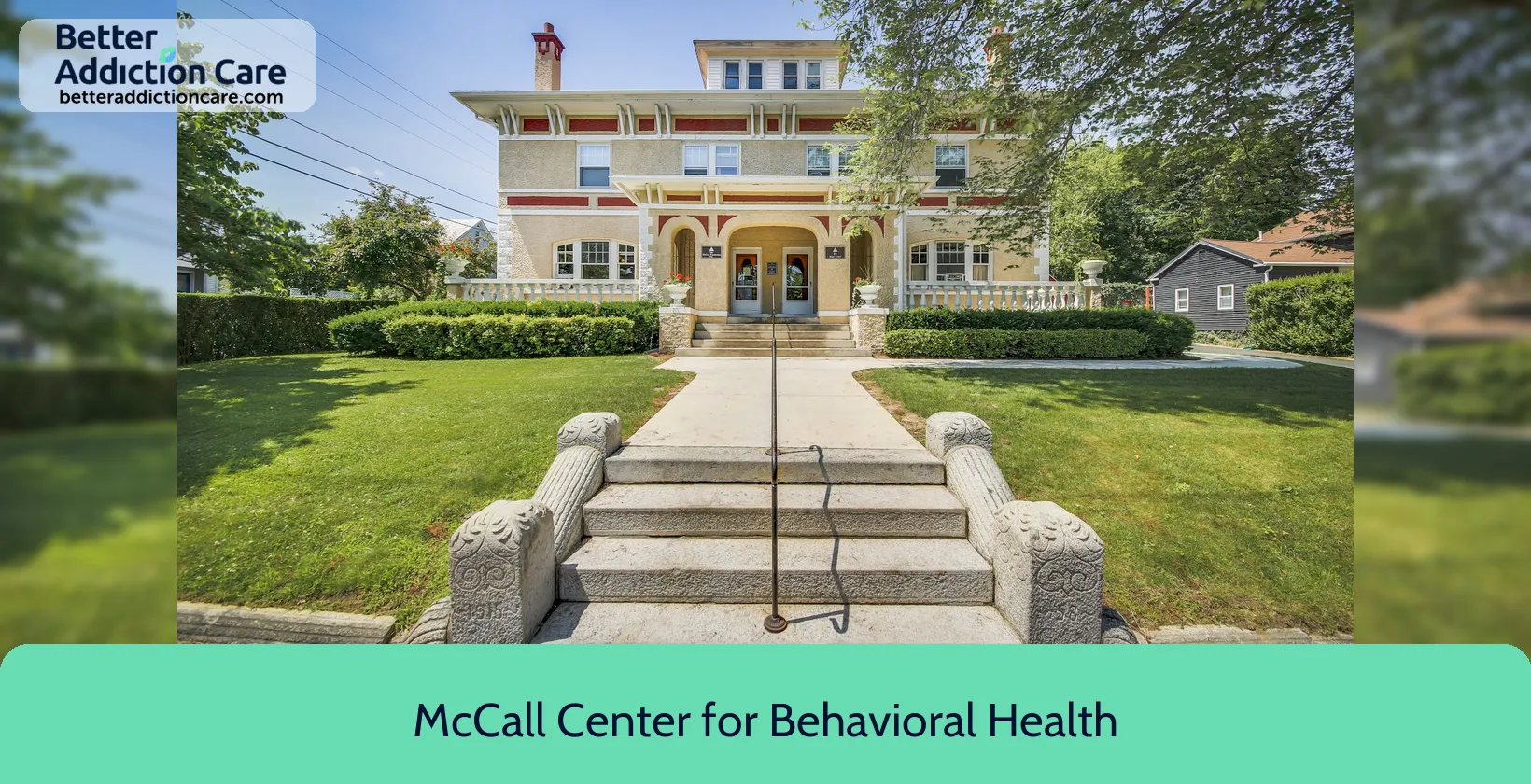Northwest Mental Health Authority

Overview
Northwest Mental Health Authority is a mental health treatment center for people seeking treatment near Litchfield County. As part of their treatment modalities for recovery, Northwest Mental Health Authority provides group counseling, cognitive behavioral therapy, and dialectical behavior therapy during treatment. Northwest Mental Health Authority is located in Torrington, Connecticut, accepting medicaid for treatment.
Northwest Mental Health Authority at a Glance
Payment Options
- Medicaid
- Medicare
- State-financed health insurance plan other than Medicaid
- State mental health agency (or equivalent) funds
- Community Mental Health Block Grants
Assessments
- Screening for tobacco use
- Comprehensive mental health assessment
- Comprehensive substance use assessment
Age Groups
- Young adults
- Adults
- Seniors
Ancillary Services
- Intensive case management
- Case management service
- Court-ordered outpatient treatment
- Diet and exercise counseling
- Family psychoeducation
Highlights About Northwest Mental Health Authority
6.71/10
With an overall rating of 6.71/10, this facility has following balanced range of services. Alcohol Rehabilitation: 8.00/10, Drug Rehab and Detox: 6.00/10, Insurance and Payments: 6.00/10, Treatment Options: 6.85/10.-
Alcohol Rehabilitation 8.00
-
Treatment Options 6.85
-
Drug Rehab and Detox 6.00
-
Insurance and Payments 6.00
Treatment At Northwest Mental Health Authority
Treatment Conditions
- Mental health treatment
- Alcoholism
- Substance use treatment
- Co-occurring Disorders
Care Levels
- Hospital inpatient treatment
- Outpatient
Treatment Modalities
- Group counseling
- Cognitive behavioral therapy
- Dialectical behavior therapy
- Integrated Mental and Substance Use Disorder treatment
- Telemedicine/telehealth therapy
Ancillary Services
Languages
- Sign language services for the deaf and hard of hearing
- Spanish
Additional Services
- Pharmacotherapies administered during treatment
- Mentoring/peer support
- Metabolic syndrome monitoring
Special Programs
- Clients with co-occurring mental and substance use disorders
- Criminal justice (other than DUI/DWI)/Forensic clients
- Persons 18 and older with serious mental illness (SMI)
- Persons with post-traumatic stress disorder (PTSD)
Get Help Now
Common Questions About Northwest Mental Health Authority
Contact Information
Other Facilities in Torrington

6.80

6.68

6.65

6.62

7.68
Browse rehab centers near Torrington and in other cities across Connecticut
DISCLAIMER: The facility name, logo and brand are the property and registered trademarks of McCall Center for Behavioral Health, and are being used for identification and informational purposes only. Use of these names, logos and brands shall not imply endorsement. BetterAddictionCare.com is not affiliated with or sponsored by McCall Center for Behavioral Health.
